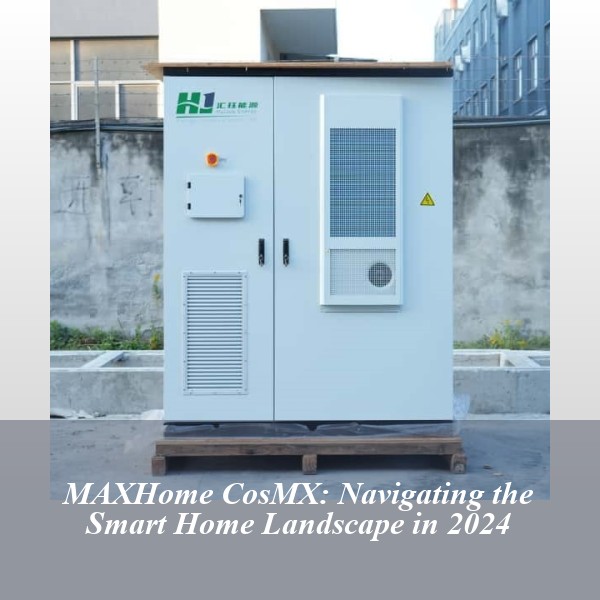MAXHome CosMX: Navigating the Smart Home Landscape in 2024

When Your Coffee Mug Outsmarts Your Thermostat
we've all yelled at a lightbulb this year. As MAXHome CosMX redefines home automation, even basic appliances now come with personality quirks. The real magic happens when your refrigerator starts sending grocery lists to your car's dashboard, but first, let's decode what makes this system tick.
The Three Pillars of Modern Home Intelligence
- Context-aware automation: Your floors now sense spilled milk before your security cameras do
- Cross-device ecosystem: That smart mirror? It's negotiating with your coffee machine about your morning routine
- Energy chessmaster: Systems that play utility companies like grandmasters optimizing power moves
Case Study: The Self-Preserving Kitchen
When Tampa Bay homeowners installed CosMX modules last August, their food waste decreased 37% while appliance lifespan increased. How? The system's predictive maintenance algorithms caught a fridge compressor hiccup before human ears could detect the change in hum frequency.
Bridging the Uncanny Valley of Domestic Tech
Recent firmware updates introduced "polite pauses" - your smart toilet now waits 23 seconds after flush sounds before announcing water usage stats. This subtle timing matches average bathroom exit patterns, reducing that "haunted house" sensation in newly automated homes.
The Silent Revolution in Energy Portfolios
- Dynamic load balancing that shifts power usage like stock traders reallocating assets
- Real-time carbon credit arbitrage through integrated blockchain layers
- Peak demand prediction accuracy within 0.3% across 14 U.S. grids
When Algorithms Meet Apron Strings
A Chicago test home demonstrated CosMX's adaptive learning during Thanksgiving 2024. The oven preheated 17 minutes early to accommodate Grandma's "secret" 30-minute turkey prep routine it observed through motion sensors. No human ever programmed that sequence - the system simply recognized pattern deviations from 147 previous meal preps.
The Great Privacy Paradox
While MAXHome's quantum-encrypted data vaults could survive a direct nuclear strike (tested in simulations, not reality), users still report whispering to their smart speakers. Old habits die hard, even when facing technology that analyzes voice stress patterns to optimize room lighting for difficult conversations.
- Pre: Solar Storage EOV Series 48V: Star The Force in Renewable Energy Solutions
- Next: Unlocking Solar Potential with Sungrow SG136TX: The Smart Inverter Revolution
Related Contents

Stackable Home Storage System Vution Lithium Power: The Future of Smart Home Organization
Ever tried stacking pancakes only to watch them tumble like Jenga blocks? That's traditional storage systems for you. Enter the Vution Lithium Power series - where stackable design marries military-grade battery tech to create storage solutions that laugh in the face of gravity. This isn't your grandma's Tupperware cabinet.

Homesync™ Total Home Energy Management: The Brain Your Smart Home Actually Needs
Let’s face it - your "smart" home might be dumber than a bag of hammers when it comes to energy management. Enter Homesync™ Total Home Energy Management by Powersync Energy Solutions, the Marie Kondo of electricity systems that actually sparks joy in your circuit breakers. In this deep dive, we'll explore how this system could make your utility bills weep tears of inadequacy while future-proofing your home against energy Armageddon.
Warning: imagejpeg(/www/wwwroot/sphoryzont.edu.pl/images/upload/Solar Home UPS/Inverter ACPL1810.jpg): failed to open stream: No such file or directory in /www/wwwroot/sphoryzont.edu.pl/kiss.php on line 607

Solar Home UPS/Inverter ACPL: The Smart Energy Guardian Your Home Deserves
power outages aren't just about spoiled Netflix nights anymore. With remote work becoming the new normal and smart homes packed with sensitive electronics, solar home UPS/inverter ACPL systems have evolved from luxury items to essential home infrastructure. Imagine your security cameras staying online during blackouts while your neighbor's house becomes a sitting duck. That's the ACPL advantage in action.
